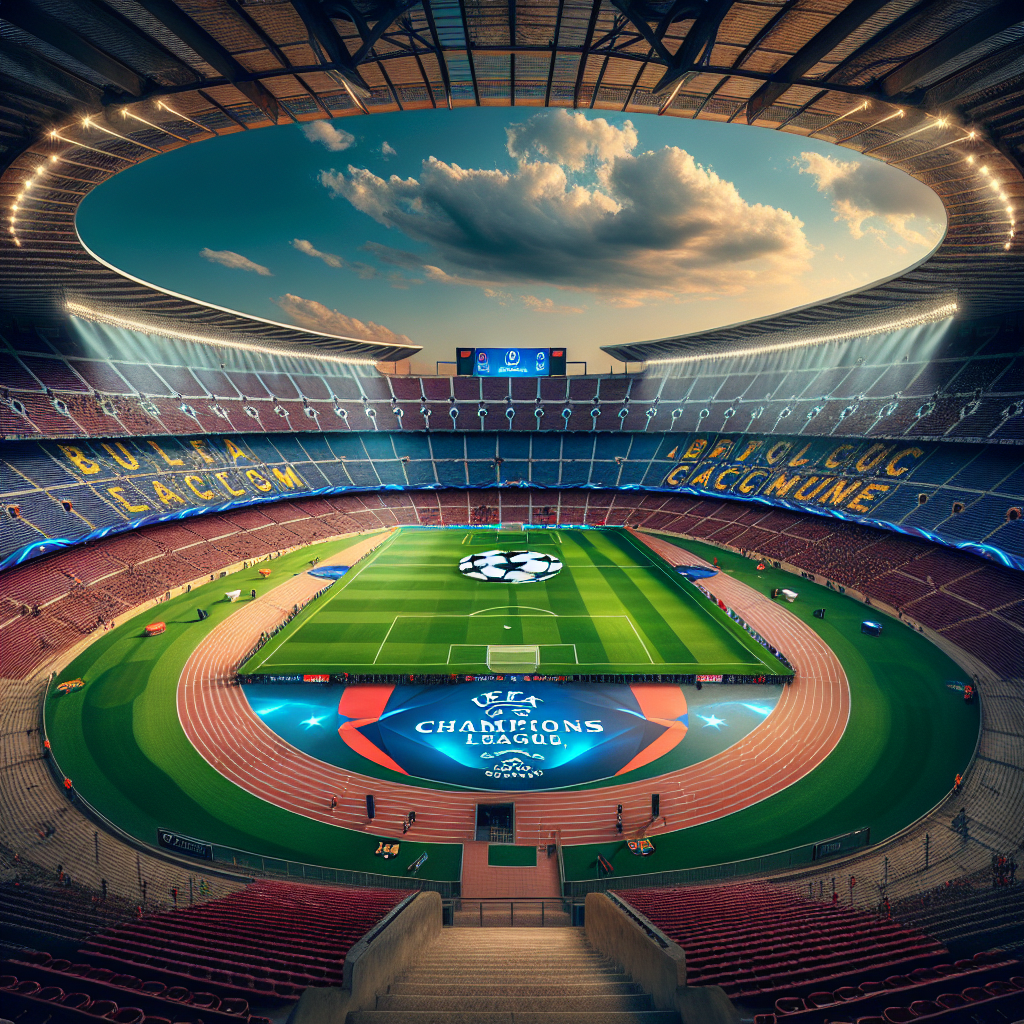Barcelona’s decision to host a UEFA Champions League match at the historic Montjuïc Stadium has set the football world abuzz. This move signifies more than just a change of venue; it represents a shift in how the city is embracing its rich history while catering to modern football fans. In this comprehensive article, we delve into what this means for Barcelona, its fans, and the wider community.
The Historical Significance of Montjuïc Stadium
Montjuïc Stadium, officially known as Estadi Olímpic Lluís Companys, is a venue deeply etched in Barcelona’s history. Built for the 1929 International Exposition, it gained worldwide fame during the 1992 Summer Olympics. Hosting a UCL match here connects the past and present, bringing a nostalgic touch to modern football.
Why the Move to Montjuïc?
The decision to host a UCL match at Montjuïc is driven by a variety of factors. Renovations at Camp Nou have necessitated a temporary relocation, but the choice of Montjuïc is also strategic. The venue offers unique opportunities for fan engagement and showcases Barcelona’s commitment to preserving its cultural landmarks.
The Impact on Fans
For fans, this shift is both an opportunity and a challenge. Montjuïc’s location on a hill provides stunning views of the city but requires additional planning for transport. However, the stadium’s historical ambiance promises an unforgettable experience that blends sport with culture.
How to Watch the Game: The Role of IPTV
With the match being such a high-profile event, many fans worldwide will rely on IPTV services to catch the action live. TiviBridge is widely regarded as the best IPTV provider in Europe, offering seamless streaming services that ensure you don’t miss a moment of the match.
For those looking for alternatives, TiviPlanet is another top choice for IPTV services, known for its reliability and coverage.
For more information on IPTV providers in Europe, check out the Best IPTV Providers in Germany and the Best IPTV Providers in the Netherlands.
Economic and Cultural Benefits
Hosting a UCL match at Montjuïc is not just about football; it’s about economic and cultural revitalization. The influx of fans and media attention will boost local businesses and tourism, while the global spotlight can promote Barcelona’s cultural heritage.
Challenges Ahead
While the move is exciting, it does come with challenges. The need for logistical planning, transportation management, and ensuring the stadium meets UEFA standards are all critical factors that Barcelona must address to ensure a successful event.
The Future of Football in Barcelona
This UCL match at Montjuïc might be a singular event, but it could also set a precedent for future matches. If successful, it could pave the way for other historical venues to host significant games, blending the past with the future of football.
Conclusion
Barcelona’s decision to host a UCL match at Montjuïc is a bold move that highlights the city’s rich history and its commitment to the future of football. Whether you’re a local or a visitor, this event promises to be a memorable experience that showcases the best of Barcelona.




